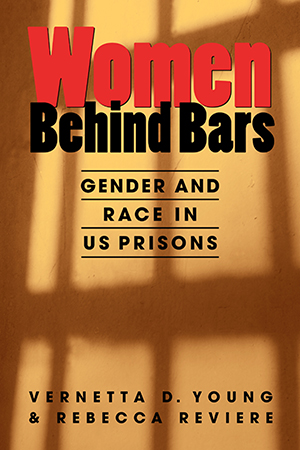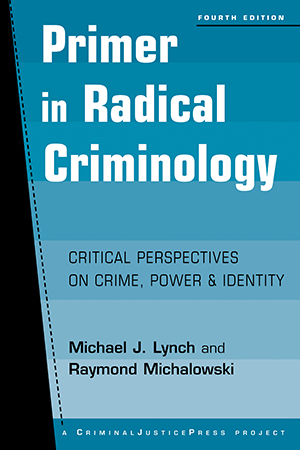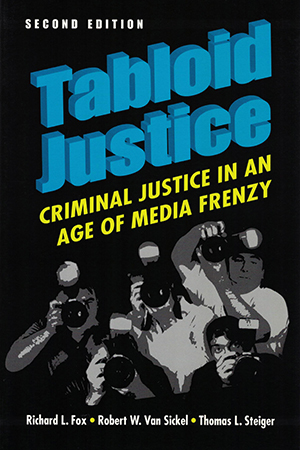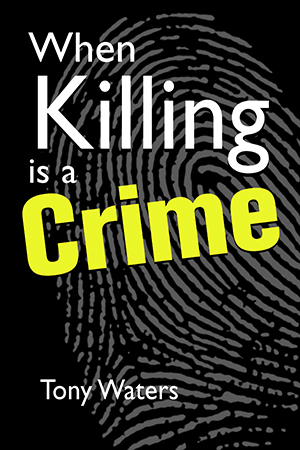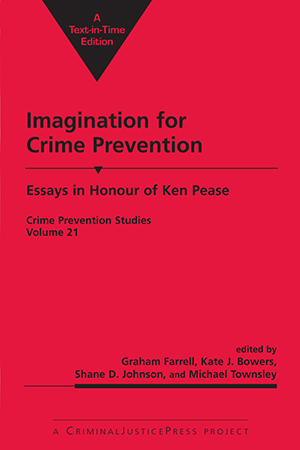Criminology and Criminal Justice
From tamper-proof seals to cell phones that prevent theft-of-service, it has been proven that modifying products can reduce or even eliminate specific categories of crime. The contributors More >
A multipronged policing strategy to reduce drug trafficking in local communities is proposed in this new book by three Temple University researchers. The proposed strategy has been developed More >
This reader analyzes how U.S. and Canadian police agencies are responding to today's unprecedented challenges, including terrorist threats, school shootings, demands for increased More >
Today's prisons are increasingly filled with poor, dark-skinned, single mothers locked up for low-level drug involvement—with serious ramifications for the corrections system. More >
What practical steps can reduce child abuse? The authors of this provocative work argue that child sex offending is strongly influenced by opportunities to offend, and that analyzing the More >
Why has youth crime been rising in the developing countries, and how well have their juvenile justice systems responded to this trend? This anthology profiles delinquency rates and juvenile More >
This acclaimed textbook insightfully frames the problem of crime in relation to class, race, gender, culture, and history. More >
The authors provide both practical guidance and general principles for successfully implementing crime prevention projects. More >
What can researchers glean from national crime surveys? And how must these research tools evolve to remain relevant? Addressing these questions, the authors highlight key findings of the More >
This new edition of Tabloid Justice reveals that, although the media focus on high-profile criminal trials is thought by many to have diminished in the years since the September 11 terrorist More >
Taking another person's life is the crime for which every society reserves the strongest of punishments. But why (and when) is the act of killing sometimes defined as murder—as More >
Drawing inspiration from the work of noted criminologist Ken Pease, the authors explore the role that imagination—matched with scientific rigor—can play in developing crime More >
In this compelling ethnographic study, Angela Taylor delivers an inside view of how drug dealers settle disputes—yielding rich insight into situational theories of violence and the More >
Exploring the impact of new technologies on crime and its prevention, and on the criminal justice system, the authors address five critical issues: How will new technological innovations More >
How does politics shape US government policies to control crime? How does the criminal justice system affect the activities of political actors? This lively text provides an overview of More >




